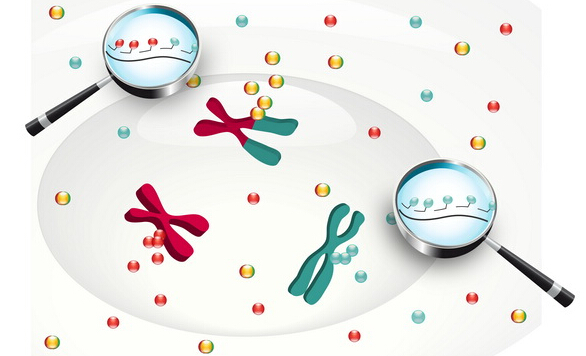How far is precision medicine from the people? What changes will happen to people's illnesses and deaths?
Under the recommendation of the National Health and Family Planning Commission, the Ministry of Science and Technology, and other ministries, the Xinhua News Agency reporter recently entered the Peking University Third Hospital, the China-Japan Friendship Hospital, and the Guangdong Provincial Maternal and Child Health Hospital. In some clinical hospitals, genomics-based precision medicine Has quietly grown...
Accelerate the application: "Avoid more birth-born babies"
“Accurate medicine makes choices so easy! Everything is possible in the future!†In the conference room, the words on the slide of Peking University Third Hospital Dean Qiao Jie were impressive.
Qiao Jie's self-confidence comes from the rapid development of genetic technology, especially sequencing technology in recent years. The interpretation of human life books is getting deeper and deeper, and it is also from the scientific practice of the team.
The Northern Medicine Third Hospital Reproductive Medicine Center is the birthplace of the first test-tube baby in mainland China. It is also one of the world's largest assisted reproductive technology treatment centers. The outpatient volume is growing at a rate of 20% to 30% per year, exceeding 500,000 for two consecutive years. People.

“Now more and more awareness of life is becoming more and more clear. In theory, more than 7,000 single-gene diseases can be involved in advance at the genetic level,†she said. “As long as there is enough genetic sequence information, it can be targeted. Any genetic abnormality to carry out preimplantation genetic diagnosis, chromosome and gene screening, check whether the embryo carries genetically defective genes, detect the 23 pairs of chromosome structure and number of embryos, and analyze whether the embryo has genetic material abnormalities, fundamentally Blocking genetic diseases in the family."
There is such a couple, the man has hereditary multiple osteochondroma, and wants to have healthy children who do not carry the disease site. The couple tried to make test-tube babies in the North Hospital Third Hospital. Through the genetic diagnosis of the embryos, the normal embryos were successfully transplanted. The healthy children were born in September 2014.
So far, the Northern Hospital of the Third Hospital has completed 1504 cases of chromosomal disease or embryo genetic screening, and has transplanted 1141 cases, 302 cases of delivery, and 104 cases of persistent pregnancy. In the past two years, high-throughput sequencing technology has been used to complete embryonic chromosome analysis in 39 patients. 19 cases have been transplanted, 4 cases have been delivered, and 10 cases have continued pregnancy. The team further developed the self-developed high-throughput sequencing-based MARSALA (aneuploidy sequencing and linkage analysis) technology to complete the diagnosis of embryonic monogenic genetic diseases in 41 patients, 15 cases of transplant operation, 5 cases of successful delivery, 8 cases Still in pregnancy.
The Qiaojie team has cooperated with Professor Xie Xiaoliang and Professor Tang Fuzhong of Peking University to lead the world in single cell sequencing.
"The innovation of this achievement is that by analyzing the patient's embryonic cells and performing high-throughput sequencing at the single-cell level, it is possible to detect disease-causing gene mutation sites and genome-wide chromosomal abnormalities," said Joe.
There are about 900,000 birth defects in China every year, and infertility patients are even more difficult to count.
"Maternity disorders affect tens of millions of couples in our country, traditional assisted reproductive technology can no longer meet the demand." Qiao Jie called for speeding up the application of precision medicine in obstetrics and gynecology to avoid the birth of more birth defects. "Be aware that avoiding a child with a birth defect can reduce the social burden by 1 million yuan."
“Precise medicine is on the road. In the past, only a few departments were in use. With the improvement of technology and cost, there are more and more departments from obstetrics and gynecology, oncology, ophthalmology, and neurology. To further improve the accuracy of clinical medicine . In addition, the hospital set up a molecular diagnostic center in 2014. "Qiao Jie said that the development of precision medicine requires new technology, which requires increased investment in basic medical research, and the inclusion of relevant genetic testing in medical insurance.
Anti Bird Netting,Anti Bird Net For Balcony,Anti Pigeon Net,Anti Bird Mesh
Changzhou Satidi Import and Export Co., Ltd. , https://www.guanjiejt.com